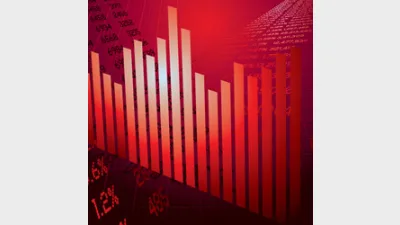Returns should drive default superannuation fund selection: ISN



The primary criteria for the selection of default superannuation funds under modern awards should be long-term net returns, according to the Industry Super Network.
In a submission to the Productivity Commission, the Industry Super Network called for a "competitive, open and transparent approach" to the selection of default funds, and proposed a role for Fair Work Australia in the process.
Members of Fair Work Australia should be joined by "a panel of recognised superannuation experts to assist in such deliberations", said the Industry Super Network.
"Each application from an eligible fund should be considered in the context of the relevant award and the industry it serves," said the Industry Super Network.
"FWA should consider the views of the representatives of those who pay (employers) and those who receive superannuation payments (employees) and the ability of the fund to provide relevant members and employer services to potential members covered by the relevant award, including the appropriateness of the insurance offering for that demographic," said the Industry Super Network.
The Industry Super Network also recommended that a typical modern award should have a minimum of two and a maximum of six default funds, since doing so "will ensure that employers are not overloaded by choice and that employees are protected by having more than one option to rely on".
Funds that 'flip' their members into higher priced MySuper products should not be eligible to be named as a default fund in a modern award, added the Industry Super Network.
Recommended for you
Australia’s largest super fund, AustralianSuper, has announced multiple additions to its executive leadership team to focus on global growth and innovation.
Super Review rounds up last month’s biggest people moves in the superannuation industry, including a new fund chair and a private markets head.
Investment returns for the Future Fund hit a milestone in September, adding $200 billion in value for the first time ever.
Australia’s largest super funds have deepened private markets exposure, scaled internal investment capability, and balanced liquidity as competition and consolidation intensify.










